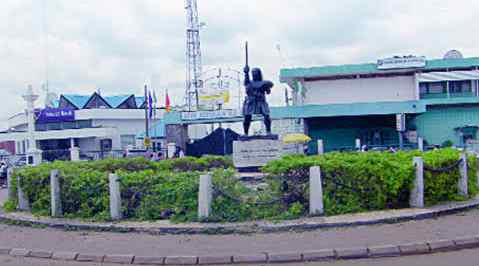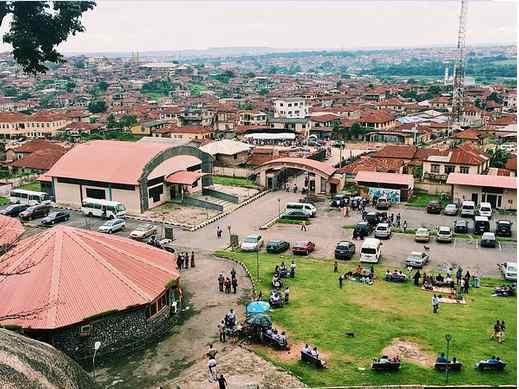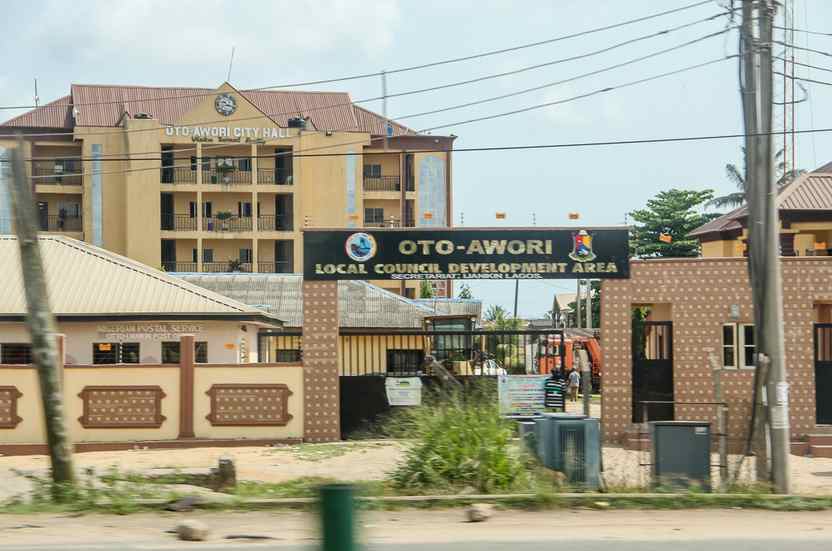
support@yorubalibrary.com
+2348073529208, 07038599574

Ijesa refers to the people and land historically known as Ijesaland, located in the northeastern part of Osun State, Nigeria. It is made up of several towns and villages, with Ilesa serving as the political and cultural headquarters. The Ijesa are popular for their resilience, entrepreneurial spirit, and cultural traditions that date back many centuries. Oral history traces their origins to migration waves from the old Oyo Empire, with settlements founded under legendary leaders such as Owa Obokun Adimula.
The name Ijesa carries cultural meaning, often associated with bravery, strategic thinking, and the industrious nature of its people. The Ijesa played a prominent role in Yoruba history, particularly in the 19th century, when they resisted external invasions and maintained a strong political identity. Their land is blessed with fertile soil, beautiful hills, and a favorable climate that supports agriculture, trade, and craftsmanship.
Today, Ijesaland is known not only for its agricultural prowess but also for its contributions to education, business, and governance in Nigeria. From cocoa farming to gold mining in the past, the Ijesa have always shown a natural ability to create wealth from their environment. Their Oriki serves as a poetic reminder of their heritage, celebrating their courage, achievements, and community pride.
Location and Geography
Ijesaland is located in Osun State, bordered by Ekiti State to the east and other parts of Yorubaland to the west and south. The terrain includes rolling hills, rivers, and farmlands, which have shaped the people’s occupations and lifestyles.
Cultural and Historical Significance
The traditional ruler of Ilesa and the Ijesa people is the Owa Obokun Adimula of Ijesaland, a title with historical significance. The Owa is both a cultural custodian and a symbol of unity for the Ijesa.
Annual cultural events, such as the Ijesa Day Celebration, attract visitors from across Nigeria and the diaspora. Historically, the Ijesa were also known for their military alliances and strong community defense systems. Their history is filled with tales of warriors, traders, and leaders whose legacies live on in oral tradition.
People and Occupations
The Ijesa are industrious, with a strong reputation for farming, trading, and craftsmanship. Cocoa production has long been a major economic activity, alongside crops such as yam, maize, and cassava. Many Ijesa people are also known for their entrepreneurial ventures across Nigeria and abroad.
Unique Features of Ijesaland
• Owa’s Palace –
A symbol of Ijesa unity and history.
• Agricultural Wealth –
Particularly in cocoa and food crop production.
• Entrepreneurial Legacy –
Known for business success in and outside Yorubaland.
• Historical Influence –
Played a strong role in Yoruba history and resistance.
Oriki Ilu Ijesa
Below is the traditional Oriki (praise poetry) of Ijesa.
Ijesha o seré o nile obi.
Omo eleni ateeka
Omo eleni ewele.
Emi o Lee ki agba Ijesha
Ki n ma jobi togbo.
Oni ni maa jobi to là ìwo
Nile baba to bii yin lomo.
Ijesha mo ki mo gbo bi kondu.
Eyi olobi won wo tiriwo.
Eyi olobì won wo teru wò.
Eyi to je maye, a wo sinu ile.
Eyi ti o je maye, a wo siju eranko.
Eranko a roun mu je.
Ijesha taa ki Kiki.
Taa le ki tan.
Ni won fi n fi eru owa fo rin ko.
Orin o n jo loye
Agba Ijesha njo loye e bo
Ijesha dudu legbon.
Pupa laburo.
Ojumo dudu
Eru owa n wemo fun pupa.
Iran Ijesha o ridi ìsana
Ile leru owa tii muwa roko.
Iran Ijesha ni sin tolotolo.
Eru omo owa ni sin pepeye.
Orin a sii ma joloye
Fun ra wa,
A si maa joloye fun rawa.
Ta o ba ren ti jo Ijesha mo.
A si maa joloye dun ra wa.
Ki Edumare bawa da Iran Ijesha si.
Conclusion
Ijesaland remains one of the most historically and economically significant areas of Yorubaland.
Need more? Browse through our Oriki Gallery today, at zero cost.

Check out the detailed Oriki of Abeokuta, the capi…

The authentic Oriki of the Awori people, one of th…